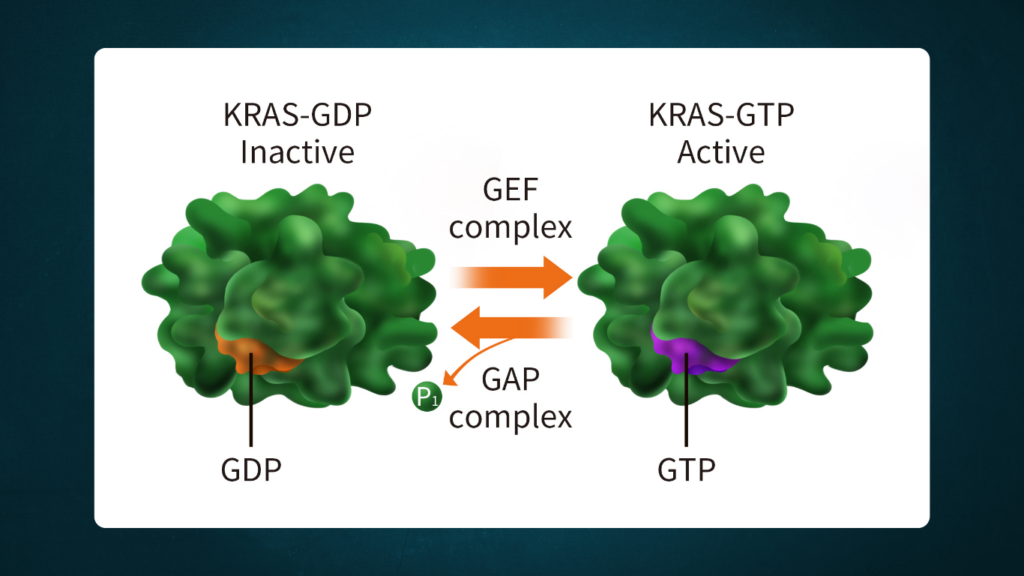Groundbreaking research from the University of Helsinki is offering fresh insights into the behavior of the KRAS gene in two of the deadliest cancers: pancreatic and colorectal cancer. These findings could pave the way for more effective targeted therapies, potentially transforming the treatment landscape for KRAS-driven cancers.

While mutated versions of the KRAS gene are already known to be key drivers of cancer, this new research reveals that the role of the normal, non-mutated KRAS gene is equally significant. Led by Dr. Arafath (Rafa) Najumudeen, the research team explored the impact of both mutated and normal KRAS genes on tumor initiation, progression, and therapeutic response, utilizing mouse models and patient data.
Published in Nature Communications and Cancer Research, the study demonstrates that losing the normal KRAS gene can actually speed up tumor growth in both pancreatic and colorectal cancers. However, in an intriguing twist, tumors lacking the normal gene are less prone to metastasize. Moreover, the research indicates that cancers missing the normal KRAS gene are more sensitive to MEK inhibitors, a type of drug that could potentially offer a new therapeutic approach for these patients. This discovery suggests that individuals with this specific genetic profile may benefit from more targeted, personalized treatments that can slow cancer progression.
“Understanding how the normal and mutated KRAS genes work together gives us new ways to think about treating these aggressive cancers,” said Dr. Najumudeen. “By identifying genetic profiles, we may be able to offer more personalized treatment options for cancers that are traditionally difficult to treat. This could be a game-changer for patient outcomes, especially in cancers that are often caught too late for effective intervention.”

Pancreatic and colorectal cancers rank among the top causes of cancer-related deaths globally, largely due to late diagnoses and limited treatment options. With these new insights into KRAS behavior, scientists are better positioned to develop therapies that target not just the mutated form of the gene but also take into account the role of the normal gene.
Professor Johanna Ovaska from the University of Turku, an expert in Molecular Cell Biology who was not involved in the study, emphasized the importance of these findings. “Research has long focused on blocking the mutated KRAS gene, but this study reveals that the normal KRAS gene is far more influential than we realized. It opens up exciting new pathways for cancer therapy, particularly in how we approach drug sensitivity.”
This research was conducted in partnership with the Cancer Research UK Scotland Institute and supported by grants from the Research Council of Finland, the Sigrid Juselius Foundation, and the Cancer Foundation. With the potential to lead to more effective treatment strategies, these findings could impact cancer patients not only in Finland but worldwide, offering a renewed sense of hope in the battle against some of the most difficult cancers to treat.

Subtly charming pop culture geek. Amateur analyst. Freelance tv buff. Coffee lover
